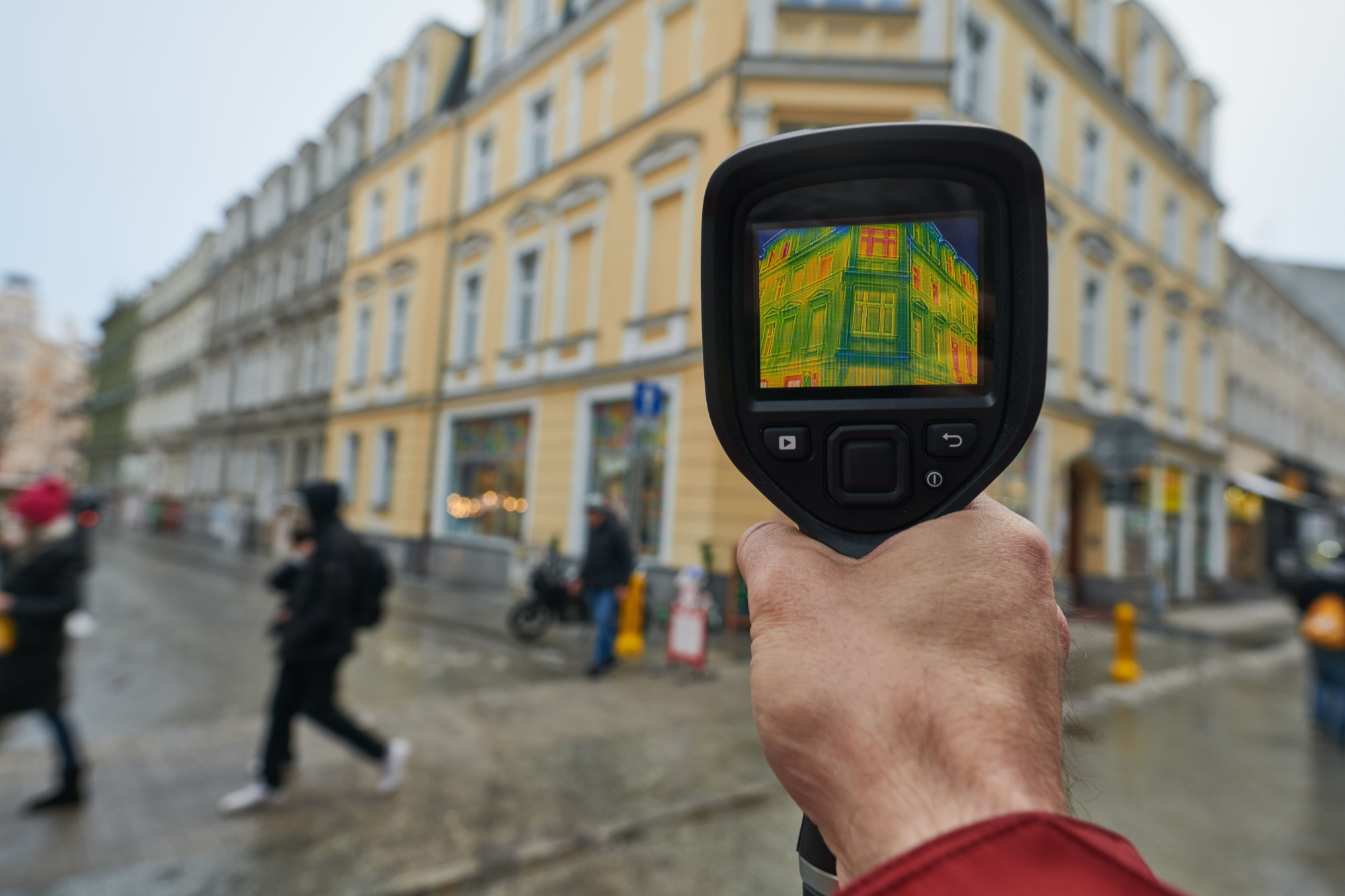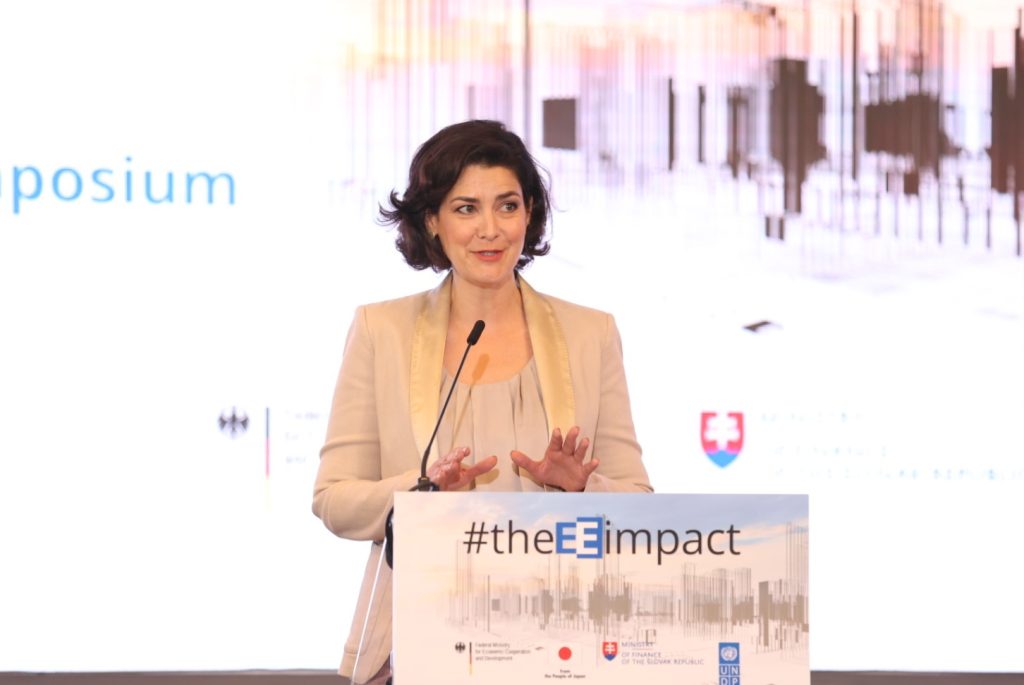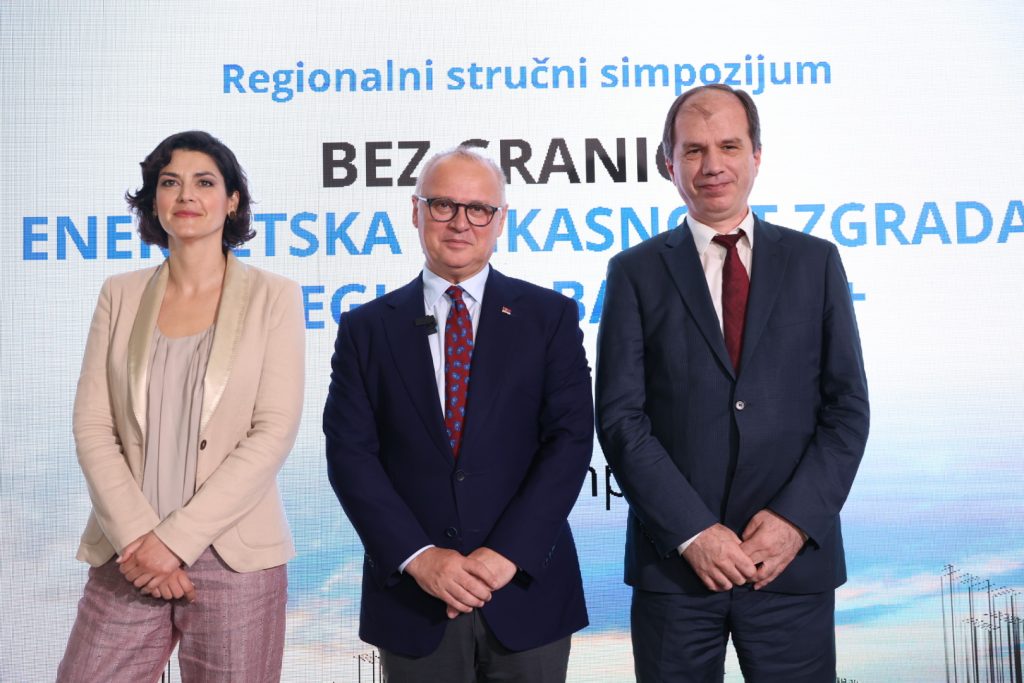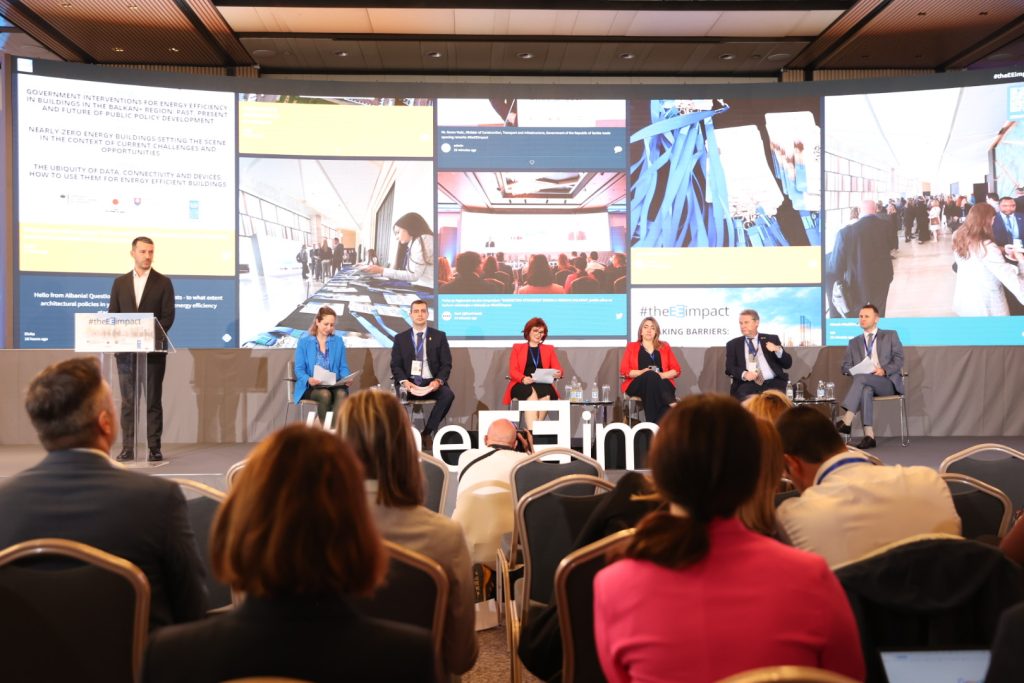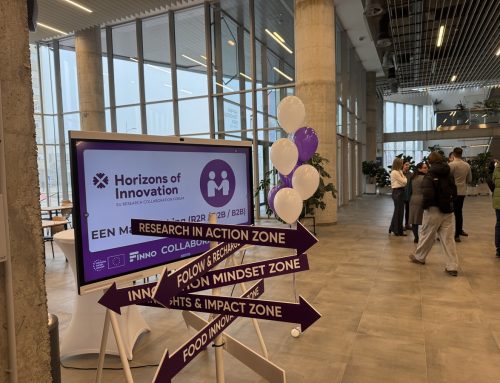The age of residential buildings has a great influence on the loss of thermal energy. Buildings that are inadequately insulated are more difficult to cool in the summer months. High energy consumption has a negative impact on household budgets and contributes to the consumption of resources that are often not renewable. Financing the renovation of a significant number of buildings requires a comprehensive approach and regional organization.
These are some of the topics that were discussed at the Regional Knowledge Symposium “Energy Efficiency of Buildings in the Balkan+”, yesterday in Belgrade. The event was organized by the United Nations Development Program (UNDP), with the support of the governments of Germany, Slovakia, and Japan as part of the UNDP Climate Promise initiative.
The Deputy Head of the Delegation of the European Union to Serbia, Plamena Halacheva, said that the Russian invasion of Ukraine caused the most serious energy crisis in the last few decades, increasing people’s need for an urgent energy transition that we all need.
“It is important for us to deal with this energy crisis together with our partners in the Western Balkans, offering solutions similar to those implemented in the EU. Last year, the EU allocated EUR 1 billion in energy support to the region, which was divided into two parts: EUR 500 million for direct budget support intended for vulnerable households and businesses, while the other half was intended for investments in renewable energy sources, interconnections and energy efficiency”, stated Halacheva.
She pointed out that saving energy is the cheapest, safest and cleanest way to reduce reliance of fossil fuel imports. She emphasized that the EU, together with international financial institutions, will continue to support the efforts of Western Balkan partners to triple the current rate of renovation and energy savings in existing buildings, as well as to achieve near-zero energy consumption and emissions standards in new buildings, stating as specific examples, the planned reconstruction of the Emergency Medical Institute and the Military-Medical Academy (VMA), thanks to EU funds, as well as the construction of new energy-efficient facilities such as University Children Hospital “Tiršova 2”.
According to the data from 2014, in the European Union, 23% of houses were built before 1945 and 26% were built between 1945 and 1969. This means that 49 percent of houses were built before 1970. Only 23% were built after 1990.
The Minister of Construction, Transport and Infrastructure in the Government of the Republic of Serbia, Goran Vesić, pointed out that the amendments to the Law on Planning and Construction foresee many novelties in this area in Serbia, the most important of which is the obligation that all new buildings must have energy passports.
Vesić said that the buildings that will be built after the adoption of amendments to the Law will have to have this passport, and it will not be possible to buy or sell the apartments if the investor, that is, the building, does not have the energy passport.
“There are three deadlines for obtaining energy efficiency certificates for old residential buildings. The first deadline is three years for buildings where the owner is the state. The state imposed on itself the obligation to obtain certificates on the energy performance of each building within three years. For office buildings owned by legal entities such as companies, banks, insurance companies – the deadline is five years, and for residential buildings 10 years. Certificates for residential buildings will not be obtained by the tenants, but by the local self-government, which will also pay for their production. Therefore, this process will be free of charge for the tenants of residential buildings”, the Minister said and added that there is no obligation to improve the energy efficiency class during the preparation of the certificate, but only to determine the current state.
Minister Vesić also said that buildings, private and state-owned, with more than 10,000 square meters, as well as public buildings, must be built in accordance with green building certificates.
“Improving energy efficiency is beneficial for human health, the environment and economic development. Lower energy consumption means lower electricity and heating bills, as well as the emission of greenhouse gases and particles that pollute the air. The money invested in building reconstruction works stays in the country and helps in opening new, green jobs”, said the UNDP Resident Representative in Serbia, Yakup Beris.
In six panels, during the two days of the Symposium (May 30 and 31), it will be discusses what public policies and financing models are needed to create an enabling environment for the implementation of energy efficiency measures in buildings throughout the region, in order to reach the goal of almost zero energy consumption. The importance of introducing smart digital solutions and information systems for energy management will also be discusses, as well as the necessity of changing habits to reduce energy consumption for heating, cooling, water and sewage in residential and public buildings.
More than 40 representatives of state institutions, international financial institutions and organizations, private sector, as well as experts from the academic community and UNDP offices, from the Western Balkans region and from Moldova will participate in these discussions.
The European Union is a bigger donor that all other international donors combined. With an energy support package of 165 million euros, the EU has invested more than one billion euros in Serbia’s energy sector in the past two decades. In 2022 alone, EU support to Serbia’s energy sector is estimated at 100 million euros. Diversification of energy sources, security of supply, energy efficiency and decarbonization of the economy, in accordance with the Paris Agreement, are the main objectives of EU support.
The support of the European Union is realized in cooperation with the Government of Serbia. The EU will continue to support Serbia in harmonizing with the EU acquis and creating structures that will enable further investments in the decarbonization of the energy sector.

